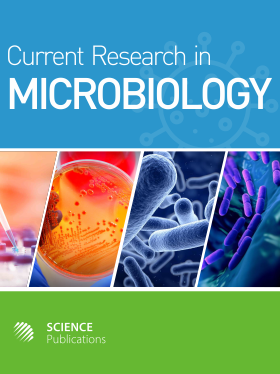ANTIBACTERIAL ACTIVITY EVALUATION OF 15 EUCALYPTUS SPECIES ESSENTIAL OILS AGAINST CLINICALLY RELEVANT PATHOGENIC BACTERIA
- 1 Universidade de Trás-os-Montes e Alto Douro, Portugal
Abstract
This study aims to evaluate the potential of 15 Eucalyptus species essential oils as alternatives to clinical surface disinfectants with known association to antibiotic resistance. Four reference pathogenic bacteria were tested: Pseudomonas aeruginosa (ATCC10145), Escherichia coli (CECT434), Staphylococcus aureus (CECT976) and Listeria monocytogenes (ATCC15313). Gram-positive bacteria revealed higher sensitivity than Gram-negative. Essential oils from E. bosistoana, E. botryoides, E. camaldulensis, E. cinerea and E. citriodora showed bacterial inhibition for Gram-positive, even higher than with gentamicin and ciprofloxacin (positive controls). L. monocytogenes was the most sensitive and P. aeruginosa demonstrated resistance to all essential oils. The antimicrobial potential values were 6.25, 6.25 and 12.5% for E. coli, S. aureus and L. monocytogenes, respectively. This study reveals that Eucalyptus essential oils may be useful in order to control pathogenic bacteria as potential complementary treatment or as disinfectants in clinical/hospital environments.
DOI: https://doi.org/10.3844/ajmsp.2014.41.48

- 4,465 Views
- 2,703 Downloads
- 0 Citations
Download
Keywords
- Eucalyptus
- Essential Oils
- Antibacterial Activity
- Complementary Treatments
- Disinfectants
